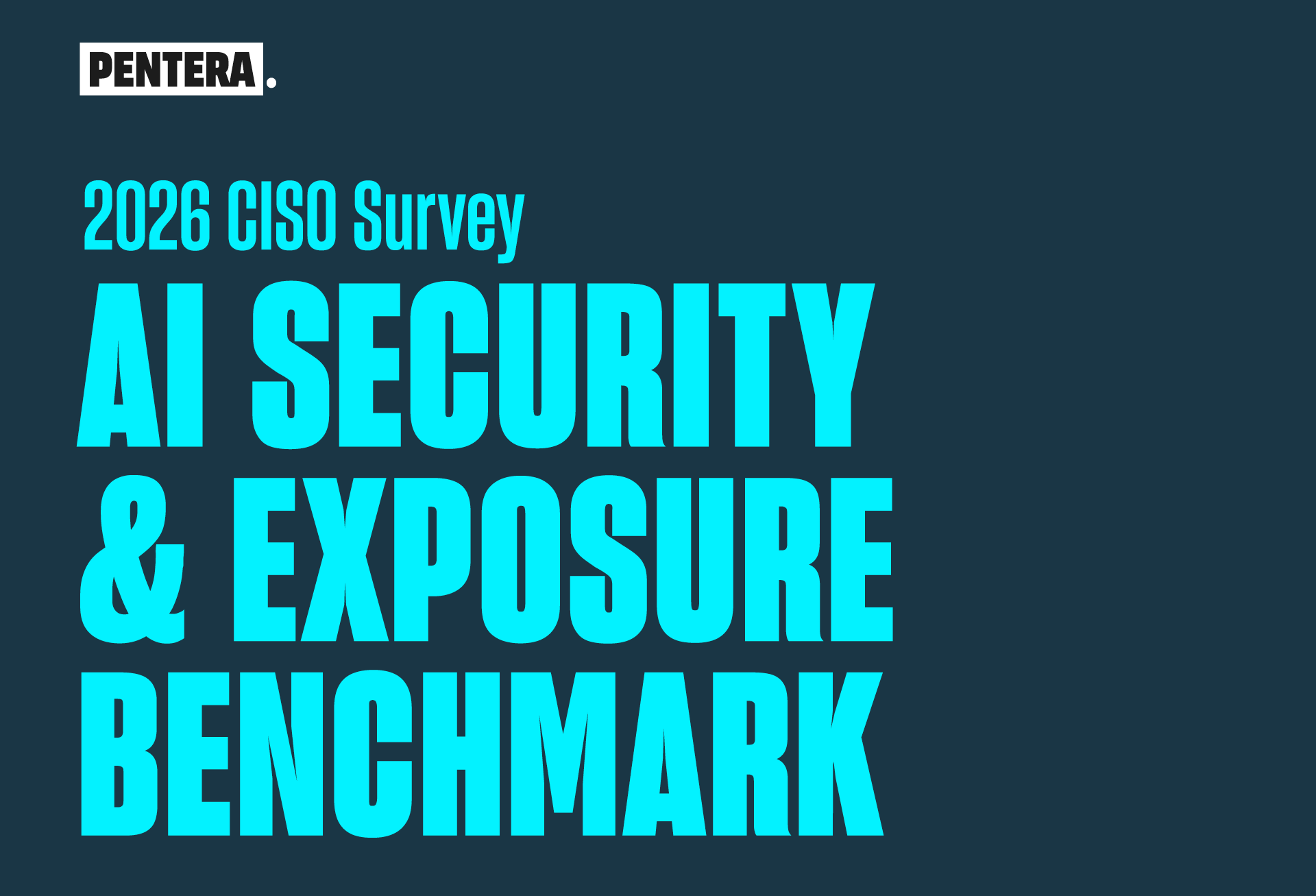What is ransomware readiness assessment?
A ransomware readiness assessment is a proactive approach to cybersecurity that organizations use to test their preparedness in the event of a ransomware attack. During the process of a ransomware readiness assessment, an emulated ransomware attack is carried out with the aim of evaluating the effectiveness of an organization’s security controls and incident response measures.
The need for ransomware readiness assessment
Ransomware Readiness is a crucial aspect of Security Validation, preparing organizations to detect, prevent, and respond to ransomware threats, allowing them to act pre-emptively in defending against ransomware attacks. By emulating real attacks, organizations can thoroughly assess their prevention, detection, and response measures to identify points of exposure that could potentially be exploited during a ransomware attack. As a result, they can remediate potential vulnerabilities and validate their security controls to strengthen their security posture before a real ransomware attack takes place.
Key components of a ransomware readiness assessment
Ransomware readiness assessments involve a wide variety of different processes that help organizations to gauge their preparedness. These include the following:
- Asset identification: Critical organizational assets are identified and cataloged so that they can be closely managed on a continuous basis.
- Risk assessment: A risk assessment is carried out to identify possible vulnerabilities, pinpoint attack vectors, and evaluate the potential impact of a ransomware attack.
- Security control evaluation: Security controls such as firewalls and intrusion detection solutions are tested against an emulated attack. This allows an organization to determine the effectiveness of these controls in ransomware detection, prevention, and response.
- Policy and response plan reviews: Cybersecurity policies and incident response plans are evaluated and updated to make sure that effective frameworks are established for preventing, containing, and recovering from a possible ransomware attack.
- Employee training: Employees’ ransomware awareness is assessed. If necessary, additional training is provided to ensure that they know how to properly identify and respond to ransomware attacks to mitigate risk.
- Continuous monitoring: IT systems are continuously monitored so as to ensure immediate detection and response to potential ransomware attacks.
Promoting vigilance with ransomware readiness assessments
Ransomware readiness assessments have a vital part to play in a strong cybersecurity strategy in the present day. At a time when the frequency of ransomware attacks is accelerating year on year, vigilance is critical to an effective defense, and this is what ransomware readiness assessments are for. By enabling them to accurately evaluate the effectiveness of their security controls and incident response measures, ransomware readiness assessments empower organizations to act before attackers can and remediate possible attack vectors. As such, ransomware readiness assessments are key to improving resilience and strengthening overall security posture.
What is ransomware readiness assessment?
A ransomware readiness assessment is a method by which organizations emulate ransomware attacks to evaluate the effectiveness of their security measures in preventing, detecting, responding to, and recovering from them. It typically includes an assessment of security controls as well as a review of security policies, response plans, and employee awareness to gauge an organization’s preparedness against such attacks.
Why are ransomware readiness assessments important?
Ransomware readiness assessments are important because they give organizations the ability to act pre-emptively in combating ransomware attacks. By highlighting vulnerabilities in security measures, they empower organizations to remediate security gaps, update policies and plans, and train employees to become more resilient against ransomware attacks.
Who conducts ransomware readiness assessments?
In the majority of cases, ransomware readiness assessments are conducted by a dedicated cybersecurity or incident response team. These assessments are typically carried out under the guidance and supervision of an organization’s Chief Information Security Officer, often with the help of automated security validation tools.
Can I request a summary of ransomware readiness assessment results or reports?
Yes, you can request a summary of ransomware readiness assessment results or reports. This summary will include an overview of your cybersecurity posture with specific feedback regarding your organization’s resilience to ransomware attacks. In addition will also provide a detailed breakdown of identified vulnerabilities, including associated risk levels, recommended prioritization, and suggested remediation actions which can help to improve preparedness.


